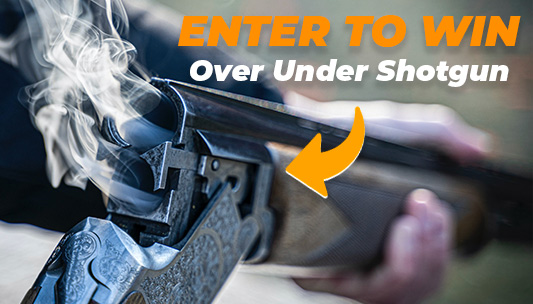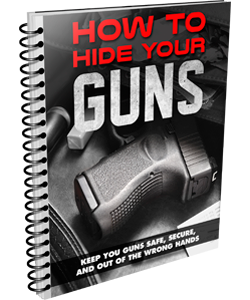Should I Take a Class First?
People who are interested in competitive shooting often ask me if there is a class they can or should take before they show up at their first match.
There are a few “Introduction to…” classes out there that may cover basic rules and match etiquette, but not very many of them. One reason is that they can take a significant amount of time and resources to run on top of running matches themselves, but another is because what they generally cover is not necessary for a first match.
Introductory classes, along with many of those geared towards competition, will usually assume a certain level of knowledge among students. In most cases, you will already know most of the things needed for your first match: safety and the gun-handling skills needed for the sport you want to shoot. Non-introductory classes usually require that you have first shot at least a few matches in the applicable sport so that you have a general understanding of the rules of the game to ground their more detailed look at sport-specific strategies.
If you don’t already have those skills, any basic level class for your firearm will help you get started on the road to competing. It does not have to be a competition-specific class. For example, while there may be disagreements about how exactly to draw a pistol from a holster in the most efficient way or whether a particular draw is specific to concealed carry, any safe draw is sufficient to get started at a match. At my first matches, I used the draw I learned in an introduction to defensive pistol class.
An introduction to competition class may teach you some of the rules of the sport you are interested in. While you might find that helpful, you should also know that at local level matches, you can probably learn most of what you need by showing up, asking questions, being open to suggestions, and following some common-sense rules of match etiquette.
You can pick up quite a bit by showing up early to help set up the match.
Often, when a new shooter participates in set-up, match staff and volunteers are more than happy to give you a few early tips and tricks to help you enjoy your match, as well as help familiarize you with exactly what and how you’ll need to shoot. In addition, almost all clubs will allow observers to come by and watch a match or two before they jump in, but you should be warned: you might regret not bringing your gear so that you can shoot that day.
Many clubs hold a “new shooter briefing” before the match, where basic safety rules are explained along with as much of the rules as you will need to know for your first match. They might also have a website answering frequently asked questions (like this one, for the match that I co-direct) or a Facebook page or group where you can ask questions ahead of time.
As part of new shooter preparation, some clubs will also pair you up with a more experienced mentor for the match. If they don’t, you can certainly look around and ask someone who looks less lost if you can tag along for the day. The hardest part of that will be picking from among all the friendly-looking people around, since most experienced competitors are happy to take a newbie under their wing.
There are also lots of Internet sources for help, between YouTube, Facebook, and regular websites. Reading complete rule books before you show up usually isn’t required, but you can do so if it makes you feel comfortable instead of confused. What you might find more useful, however, is watching videos or looking at photos or match reports so that you can see what to expect. And since you're already here on Gun Carrier, keep coming back as I explore as many shooting sports as I can and let me know if you have new shooter questions about any of them.





